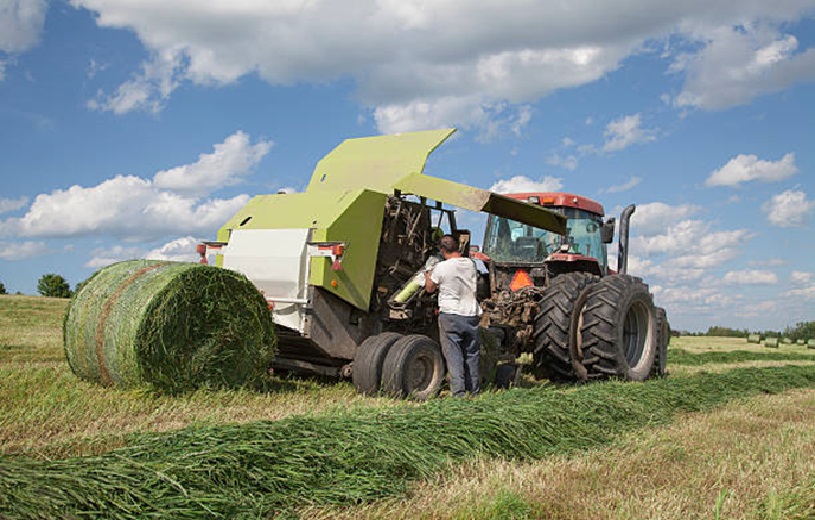
Every farmer wants to maintain their farm with less resource utilization and better productivity. However, in today’s age, it often becomes difficult to manage a form within the budget. If you are someone struggling to keep your farm on a budget, here are some strategies that you can adopt to make your management easier and increase the outcomes.
1. Implement Crop Rotation
Crop rotation is a fundamental practice that enhances soil health and reduces pest and disease issues. By rotating different crops through your fields each season, you can prevent the depletion of specific soil nutrients and disrupt the life cycles of pests and pathogens.
For example, rotating legumes with cereals can replenish soil nitrogen levels, as legumes fix atmospheric nitrogen into the soil. Crop rotation also helps in managing weed pressure, as different crops compete differently with weeds, thereby reducing their prevalence without the need for excessive herbicides.
2. Optimize Water Use
Efficient water management is crucial for sustainable farming. Implementing drip irrigation systems can significantly reduce water usage compared to traditional irrigation methods by delivering water directly to the plant roots, minimizing evaporation and runoff.
Consider installing rainwater tanks to collect and store rainwater for irrigation, reducing reliance on external water sources. Monitoring soil moisture levels and weather conditions can help in scheduling irrigation more effectively, ensuring crops receive the necessary water without wastage.
3. Utilize Precision Agriculture
Precision agriculture involves using technology to monitor and manage field variability in crops. Tools like GPS-guided tractors, drones, and soil sensors allow farmers to apply water, fertilizers, and pesticides more accurately, reducing input costs and environmental impact.
Precision farming techniques help in identifying specific areas that need attention, ensuring that resources are used efficiently. By analyzing data collected from these technologies, farmers can make informed decisions about planting, irrigation, and harvesting, leading to higher yields and better resource management.
4. Maintain Machinery and Equipment
Regular maintenance of farm machinery and equipment is essential for efficient farm operations. Well-maintained equipment performs better, lasts longer, and reduces the risk of unexpected breakdowns during critical farming periods.
Establish a routine maintenance schedule that includes checking oil levels, inspecting tires, cleaning filters, and sharpening blades. Keeping a detailed log of maintenance activities can help in identifying recurring issues and planning for replacements or upgrades, thereby minimizing downtime and ensuring continuous productivity.
5. Embrace Sustainable Practices
Adopting sustainable farming practices not only benefits the environment but also enhances farm efficiency. Practices such as no-till farming, cover cropping, and integrated pest management (IPM) contribute to soil health, reduce erosion, and lower reliance on chemical inputs.
No-till farming preserves soil structure and moisture, while cover crops prevent soil erosion and improve organic matter content.
6. Diversify Income Streams
Diversifying income streams can provide financial stability and enhance overall farm efficiency. Consider integrating livestock with crop production to create a more resilient farming system. Livestock can provide manure for fertilizing crops. You can partner with a farm feed supplier to keep the cycle going.
Additionally, exploring agritourism, such as farm tours, workshops, and farm-to-table events, can generate supplementary income and increase public engagement with sustainable farming practices.





